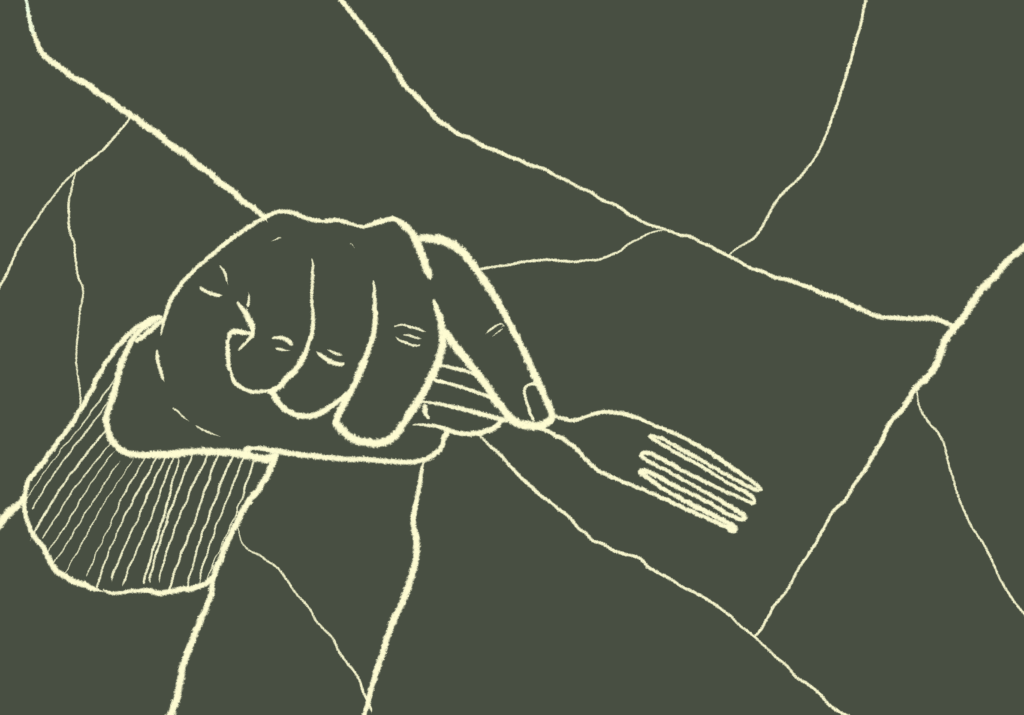The Empire State Building will light up blue and green. Instagram story feeds will flood with infographics. Monday, Feb. 27 marks the start of National Eating Disorder Awareness (NEDA) Week. In our toxic society, where “heroin chic” is a widely sought-after aesthetic, it is essential to highlight the unnerving and insidious reality of these illnesses—far too often overlooked.
Admittedly, I was not quick to grasp the magnitude of eating disorders. The first time I even heard them discussed negatively, I was 13. “On Top of the World” by the Carpenters was playing on my dad’s car radio.
“It’s such a shame,” he frowned, explaining the tragic story of how Karen Carpenter, whose sweet voice I had been humming alongside, lost her life. “She suffered a heart attack. Her body was just too deprived to subsist.”
‘A heart attack?’ I thought to myself. I didn’t know the first thing about eating disorders: the detrimental bodily repercussions, how people of all shapes and sizes could suffer from them, the diagnoses that span far beyond anorexia and bulimia. My perspective at the time was narrow—I thought eating disorders began and ended with a poor relationship to food.
My experience as a teenage girl has shown me that eating disorders are more than meets the eye. They are not glamorous models strutting down runways or ballerinas pirouetting about. They are full heads of hair turned thin, strong bones worn brittle, obsessive thought patterns perpetuated, and happy people made sad. Contrary to their depiction in media as being a privileged, teenaged, white girl’s disease, eating disorders do not discriminate—they affect individuals of all genders, sizes, socioeconomic statuses, and cultural backgrounds.
The prevalence and fatal implications of eating disorders warrant more than just seven days of acknowledgement. Let this NEDA Week be a reminder to look out for one another, to educate ourselves on the warning signs of eating disorders, to quash the overwhelming stigma towards mental illness, and reject societal pressures to conform to unrealistic standards.


